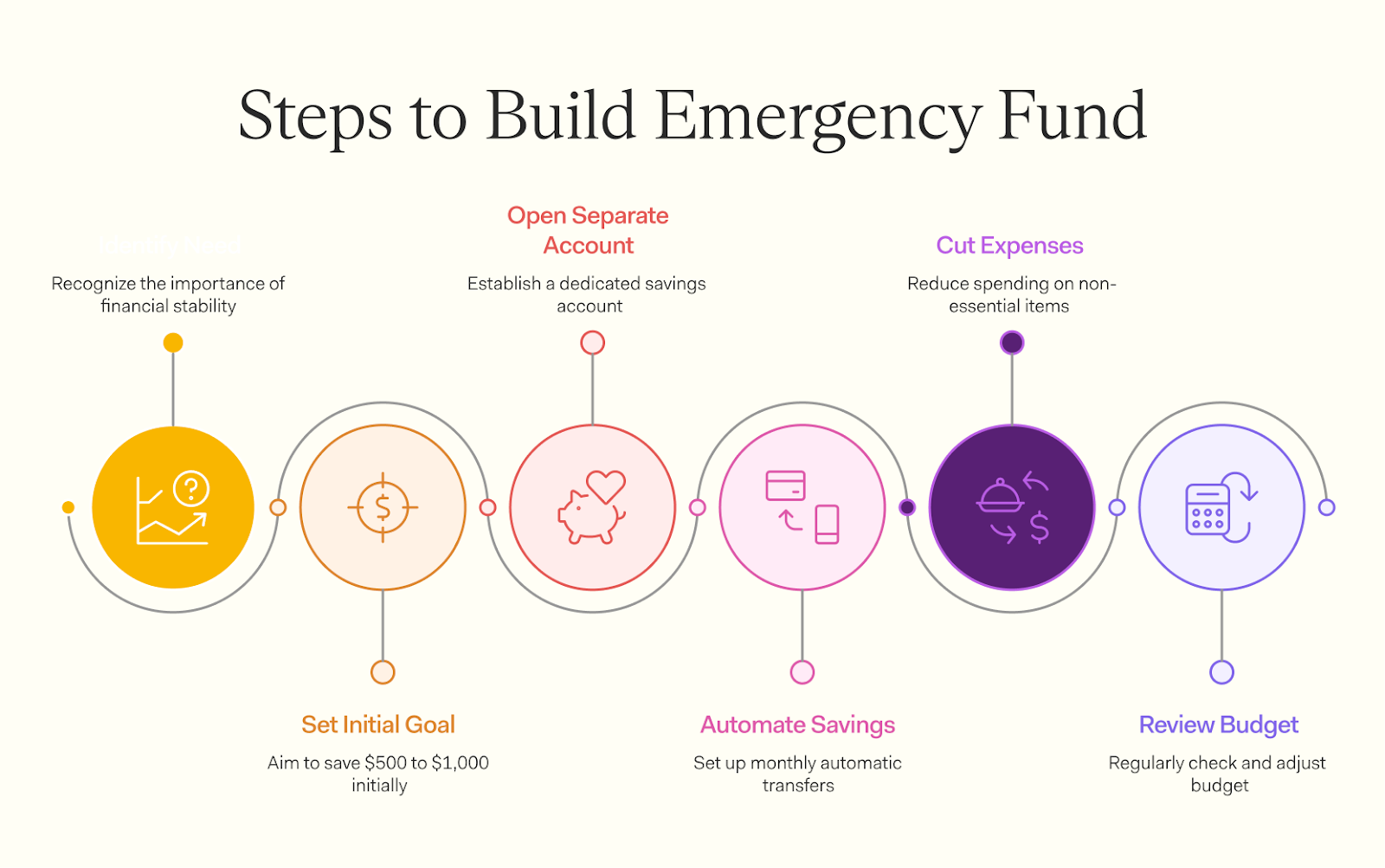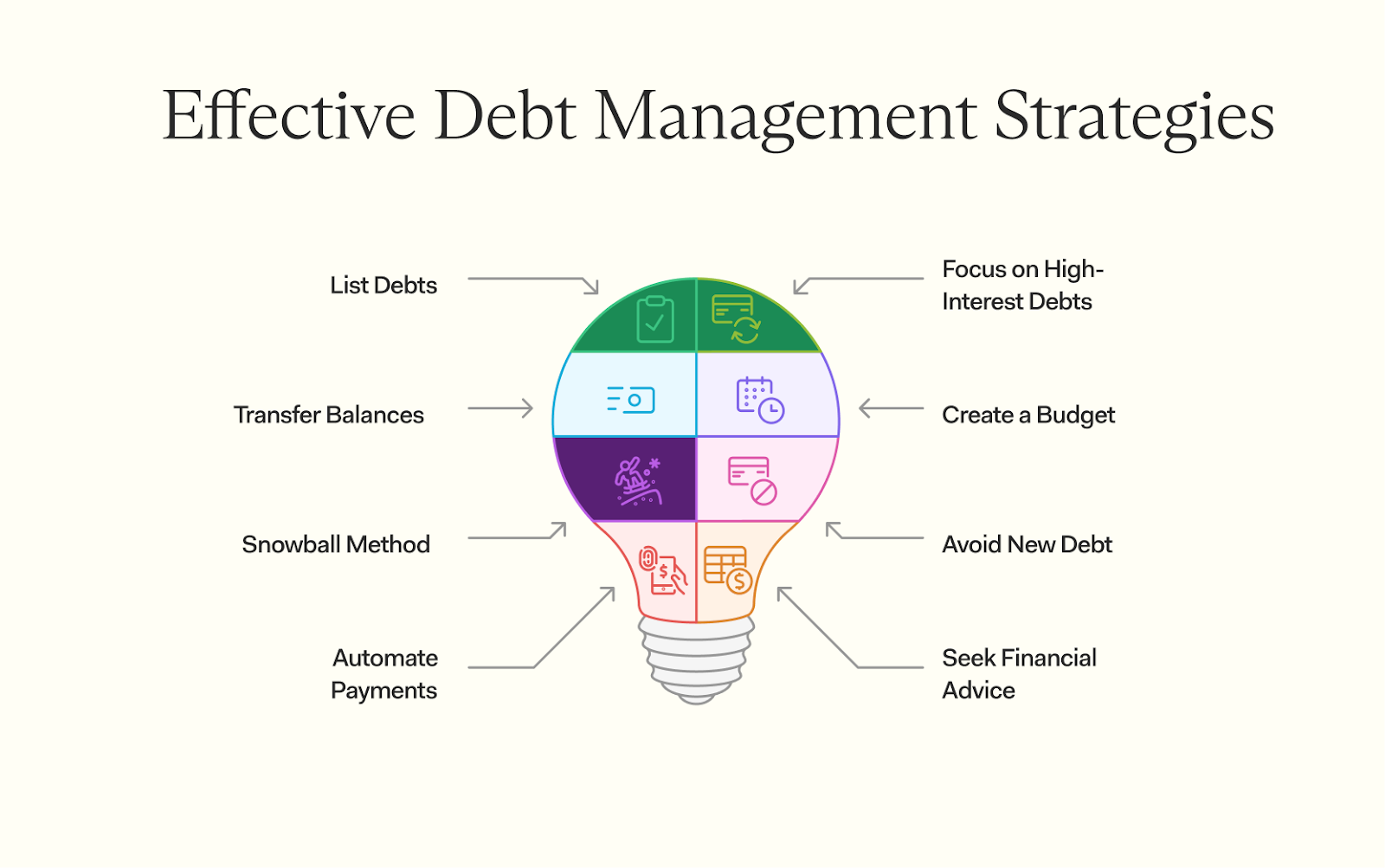Discover practical financial planning strategies tailored for women to build a secure future. Read the article to take control of your finances today.
Women face important financial challenges. From navigating pay differences to balancing work and family responsibilities, building a financial future often requires thoughtful planning and confidence.
Research shows women typically earn less over their lifetimes, which can impact retirement savings and wealth building opportunities. Taking an active role in finances isn't just beneficial—it's valuable for long-term security.
This blog delivers practical strategies designed with women's needs in mind. Learn how to create an effective financial plan, manage debt, prepare for retirement, and approach financial decisions with growing confidence. Your path to financial empowerment starts here.
Clear financial objectives will guide your journey. Decide what matters most—saving for retirement, buying a home, or building an emergency fund. Break these into short-term and long-term goals.
Track your current financial situation closely. Know how much you earn, spend, and save each month.
A goal without a plan is just a wish.
Write down your goals and create a plan around them with the help of a certified financial planner if needed.
An emergency fund provides financial stability. It helps cover unexpected costs like medical bills or job loss.

Debt can be stressful, but reducing it is possible with the right steps. Focus on staying consistent and planning smartly to take control of your financial well-being.

Investing can help women grow their wealth over time and secure their future. It's smart to start early, even with small amounts, to build financial confidence.
Risk tolerance reflects how much uncertainty you can handle in investing. Women often face unique financial decisions, so understanding this is key. Think about your income, savings, and goals.
A strong financial plan helps balance risks and rewards.
Diversifying investments can lower risks too. Stocks may offer growth but swing more in value. Safer options like bonds bring stability to a retirement account or future self-planning.
As the saying goes: don't put all your eggs in one basket.
Spread money across different types of investments. Mix stocks, bonds, and real estate to reduce risk. Women need to protect their financial security by not putting all funds in one place.
For example, if the stock market drops, other assets like bonds might stay steady.
Include international options or mutual funds for more balance. This strategy helps women achieve financial goals while staying prepared for changes. A diversified portfolio means fewer worries about sudden losses—plan wisely for a stronger future financial outlook.
Securing your future and maintaining financial independence starts with retirement planning. Begin early to maximize savings and reduce stress later in life.
Healthcare costs can rise quickly, especially as you age. Women live longer than men on average, making this an important factor in planning for the future. Create a financial plan that includes saving for medical expenses through tools like a Health Savings Account (HSA).
HSAs offer tax benefits and grow funds over time.
Consider long-term care coverage to help manage potential nursing home or caregiver costs. This helps reduce financial pressure later in life. Speak with a certified financial planner™ to estimate health-related expenses based on your needs and achieve your financial goals effectively.
Delay claiming benefits until age 70 to receive the highest monthly amount. Women tend to live longer, so waiting can significantly increase lifetime payouts.
Work at least 35 years to avoid zeros in your earnings record. Social Security averages your top 35 working years, and shorter work histories lower benefits.
Financial advisors can help you create a financial plan that works for your needs. They provide financial advice on budgeting, investing, and retirement planning. A female financial professional may best understand the challenges women face, like navigating gender inequities and family care expectations.
Choosing the right advisor is key. Look for someone with experience in wealth management for women or those offering customized financial services. A good financial advisor simplifies complex topics and empowers women to make smart money decisions confidently.
A Farther financial advisor can help you build wealth, plan for retirement, and create a strategy that supports your long-term goals.
Your financial future is yours to shape. Set clear goals, build wealth with intention, and invest in ways that reflect your values. Financial freedom isn't just about eliminating debt—it's about expanding opportunities and creating lasting impact.
Work with advisors who respect your vision and provide strategic guidance. Every smart decision adds up over time. Start now, and let your wealth grow with you.
Financial planning helps women take charge of their financial futures, build emergency savings, and make informed decisions about investing and wealth management.
A trusted wealth advisor or financial planner can guide women through estate plans, tax strategies like Roth IRAs, and creating a comprehensive financial plan tailored to their needs.
Women are more likely than men to earn less over their lifetimes, spend time out of the labor force, and live longer—making it essential to focus on personal financial goals and long-term security.
Learning about different types of accounts like joint accounts or individual bank accounts, understanding how to pay taxes efficiently, and seeking advice from reliable resources are key steps toward better financial knowledge.
Yes! Single women can create strong personal finances by building an effective plan that includes saving for emergencies, investing wisely, and prioritizing their unique planning needs.
Millennial and Gen Z women have time on their side—investing early allows them to grow wealth over decades while benefiting from compounding returns in the market.